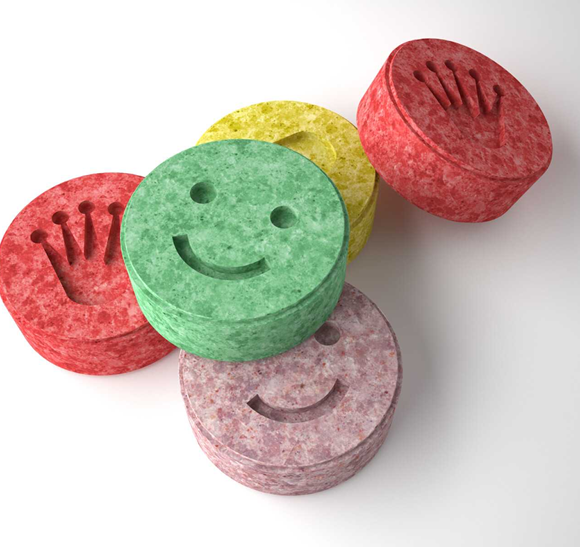Subtotal £0.00
Subscribe to out newsletter today to receive latest news.
2478 Street City Ohio 90255
Shopping cart
- Phone:+44 7490 342983
- Email:info@micjeffonpharmacy.com
- United Kingdom

Availability: In Stock
Ecstasy (MDMA UK, 3,4 methylenedioxymethamphetamine), also commonly called Molly, is a synthetic (lab-made), psychoactive drug chemically similar to the stimulant methamphetamine and the hallucinogen mescaline. It is an illegal drug that acts as both a stimulant and psychedelic, producing an energizing effect, as well as distortions in time and perception and enhanced enjoyment from tactile experiences.
Its primary effects are in the brain on neurons that use the chemical serotonin to communicate with other neurons. The serotonin system plays an important role in regulating mood, aggression, sexual activity, sleep, and pain sensitivity.
Adolescents and young adults use it to reduce inhibitions and to promote feelings of euphoria (great happiness, excitement, “high”), feelings of closeness, empathy, and sexuality. MDMA UK can also produce psychedelic effects, similar to the hallucinogens mescaline and LSD.
Ecstasy was first popular in the nightclub scene or at all-night dance parties known as “raves”, and at concerts or festivals, but is used by others, too.
See also: MDMA
Researchers do not know yet if MDMA UK is addictive. It targets the serotonin system, a chemical pathway that is affected by other addictive drugs.
A survey of young adult and adolescent users found that 43% met the accepted diagnostic criteria for dependence, as evidenced by continued use despite knowledge of physical or psychological harm, withdrawal effects, and tolerance (or diminished response), and 34% met the criteria for drug abuse.
Almost 60% of people who use ecstasy report withdrawal symptoms, including:
Research in animals indicates that this drug, also referred to as MDMA UK or Molly, is neurotoxic and may affect the brain. Clinical studies suggest that ecstasy may increase the risk of long-term or permanent problems with memory and learning.
Completed and ongoing MDMA UK studies can be found on clinicaltrials.gov. Researchers are looking at MDMA use as a possible treatment for:
Post Traumatic Stress Disorder (PTSD) and Opioid Use Disorder (OUD): co-occurring
The FDA has designated MDMA UK-assisted psychotherapy for PTSD as a Breakthrough Therapy.
A small study published in The Lancet Psychiatry looked at the use of MDMA in patients suffering from post-traumatic stress disorder (PTSD).
| Quantity | 100 mg/30 pills, 1 gram, ounce |
|---|
Reviews
There are no reviews yet.